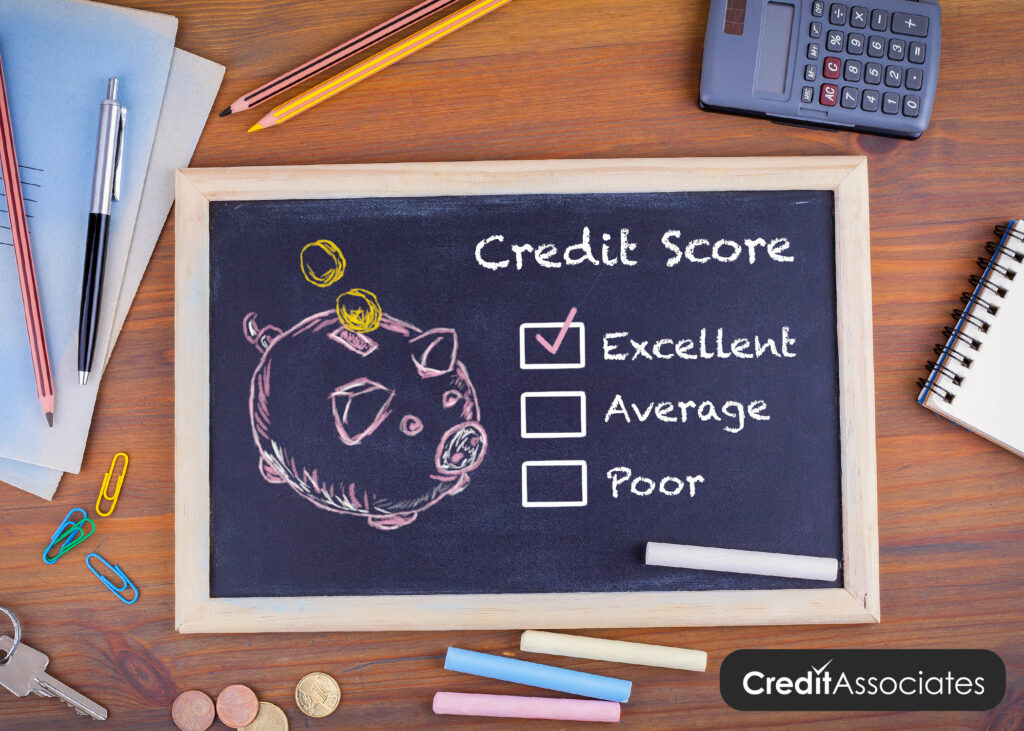What is a Good Credit Score
Having a good credit score is an essential metric of your overall financial health, as it affects many aspects of your life. For example, when applying for a loan, your credit score greatly impacts the interest rates that lenders will give you.
But have you ever stopped to wonder what is a good credit score? What should you aim for? What score is good enough for regular people like you and me?
This article will talk about what’s a good credit score, why you need to care about it, and what you can do to improve yours.
What is a Good Credit Score?
There are various types of credit scores that lenders use when determining whether or not an individual is financially fit. The most common ones are the FICO Score and VantageScore.
The Fair Isaac Corporation, or FICO, Score has a credit score range from 300 to 850. This scale’s best credit score is from 800-850. People with these scores usually qualify for the best lender rates. You should aim for a FICO score that is between 670 – 739, so you can access all loans and credit cards at fair interest rates.
Similar to FICO is VantageScore, which was developed by the three major credit bureaus. It also uses a scale from 300 – 850. However, the requirement for good credit in this system has a slightly wider range of 661 – 780. An excellent credit score, from 781 – 850, is only achieved by 23% of people.
The Advantages of Having a Good Credit Score
Now that you know what is an excellent credit score to aim for, the next question is, why bother?
Think of your credit score as your financial report card. It paints a picture of how financially capable you are, and how responsible you are with your obligations.
A good credit score gives you access to competitive loan rates. Even a jump from one category to another (for example, fair to good) can save you thousands of dollars in interest payments. What’s more, a fair or poor credit score can get you rejected outright on your loan application or credit card.
However, even if you have no plans of taking out a loan soon, it’s still incredibly important to maintain an excellent score. Not only lenders look at your credit score to make critical decisions. Your landlord can look at your credit score to judge whether you’ll pay your rent on time, and your mobile phone service provider uses it to see which plans you qualify for.
The bottom line is that you never know who will use your credit score to make decisions, so it’s prudent to keep it as high as possible.
What Factors Influence Your Credit Score?
Knowing what is a great credit score is one thing, but figuring out the many factors that affect it is much more critical.
Paying your bills and debt payments on time is one of the biggest influences on your credit score. Late payments, large card balances from month to month, and missed utility bills can all lower your credit score. Conversely, paying on time is a great way to maintain or improve your score.
Your credit utilization ratio is also a significant factor that affects your credit score. If your monthly credit balance is close to your credit limit, your utilization rate will be high. So what is good credit utilization? A ratio of below 30% is a good benchmark
Lastly, applying for too many credit accounts in a short period of time can harm your credit score.
Checking your score regularly is a great practice to see if there are reporting errors that need to be addressed. There are card issuers and credit bureaus that can give a certain number of free reports every year.
How to Improve Your Credit Score
Want to know what is the best credit score improvement hack when you’re starting from a fair or poor score? It’s getting a secured credit card or credit-builder loan.
A secured credit card is just like a regular card, except it requires an upfront deposit before you can use it. As you continuously swipe and pay off the balances on your card, you’ll slowly build up your credit over time.
Credit-builder loans are similar to the secured credit card, in that they won’t let you use money you don’t have. Unlike regular loans, credit-builder loans won’t allow you to access the funds until you’ve paid for the loan in full. It’s a great credit-building tool because it forces you to pay on time.
The most important thing to remember, however, is to pay for everything on time. Make sure your credit card, utility, and loan payments are fully settled every month, and try to clear all of your debts as fast as you can.
Can’t Stay On Top of Your Debt?
But what if you’re struggling with paying for your debts? In this scenario, it’s essential to find a solution as quickly as you can. That’s where a company like CreditAssociates comes in handy.
Our debt resolution experts can help you with anything from proper budgeting to implementing effective strategies like debt relief. We’ve helped thousands of clients resolve their obligations in as little as 24 – 36 months.
If you’d like to know more, complete our online form to request a call and we’ll be in touch!
